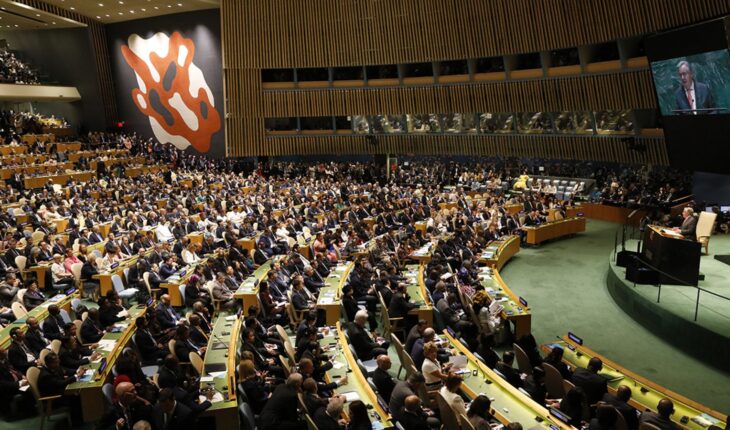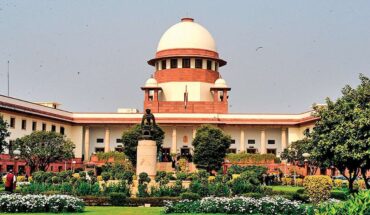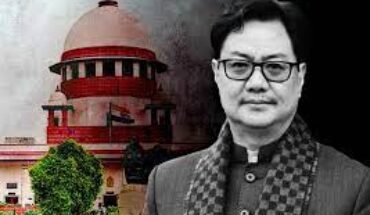Eric Falt believes right steps may help in tapping the vast potential of special people
Nearly 75 years ago, the United Nations (UN) was created in the face of intolerance and discrimination to reaffirm faith in the dignity and worth of humans, and in the equal rights of women and men. Its fundamental values postulated that in order to live sustainably, we must practise tolerance and endorse the values of equality. However, if we are to stay true to the values of the UN, we must bring marginalised communities from the fringes back into the development mainstream.
Well-known for his advocacy of disability rights, singer Stevie Wonder, who was blind, once declared that ‘love’s in need of love today’. In a plea to elicit support for the community of persons with disabilities, he stressed the importance of counteracting the cycle of oppression. It was a call for greater equality made many years ago, but the promises still remain unfulfilled.
Based on recent estimates, over a billion people worldwide are impacted by disability and the stigma surrounding it. According to the World Health Organization, nearly 15% of the world’s population has some or the other form of disability, making disabled people the largest global minority. Continuous discrimination denies them equal access to education, employment, healthcare and other opportunities. Essentially, what we are looking at is an enormous reservoir of untapped resources excluded from the workforce.
The stigma attached to persons with disabilities, compounded by a lack of understanding of their rights, makes it difficult for them to attain their valued “functionings”, which Amartya Sen defined as capabilities deemed essential for human development. Furthermore, women and girls with disabilities are at a higher risk of experiencing sexual and other forms of gender-based violence. About 80% of the estimated one billion persons with disabilities worldwide live in developing countries. The International Labour Organization , using data from the latest national Census (2011), reports that 73.6% of persons living with disabilities in India are outside the labour force. Those with mental disabilities, women with disabilities and those in rural areas are the most neglected.
Worst-hit group
As is the case with most crises, the COVID-19 pandemic has had its worst impact on marginalised communities. For instance, students with disabilities have found it extremely difficult to access remote learning through digital platforms. The UNESCO’s 2019 State of the Education Report of India acknowledges that inclusive education is complex to implement and requires a fine understanding of the diverse needs of children and their families across different contexts. India has made considerable progress in terms of putting in place a robust legal framework and a range of programmes that have improved enrolment rates of children with disabilities in schools. However, further measures are needed to ensure quality education for every child to achieve the targets of Agenda 2030, and more specifically, the objectives of the Sustainable Development Goal 4.
Globally, UNESCO joined its partners in the Global Action on Disability (GLAD) Network to raise awareness about the need to put in place strategies to mitigate the impact of school closures on learners with disabilities. The implementation of the groundbreaking National Education Policy 2020 provides a historic opportunity to utilise the immense potential.
Two of the most celebrated icons of music, Stevie Wonder and Andrea Bocelli, and star Indian para-athlete Deepa Malik have already set the tone for making inclusion the norm. With the right investments, youth with disabilities in India can also be the country’s largest asset. The pandemic has shown us that we are only as healthy as our neighbour. It has exposed the large cracks of inequality, urging us to ponder over our responsibilities towards each other. Let us use this time as a catalyst for change and work together to ensure that all persons with disabilities enjoy the full range of human rights.
Eric Falt is the director, UNESCO New Delhi and UNESCO representative to Bhutan, India, Maldives and Sri Lanka
Attachments area






